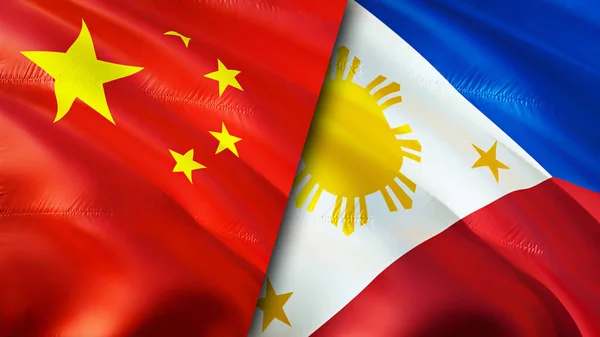On Monday, the Philippines announced plans to protest a recent maneuver by two Chinese aircraft in the disputed South China Sea. Manila claims that the maneuver jeopardized a routine air patrol in the region.
According to the Philippine military, last Thursday, a Chinese aircraft fired flares in the path of a Philippine Air Force NC-212i plane conducting a patrol over Scarborough Shoal, also known locally as Bajo De Masinloc.
Defense Secretary Gilberto Teodoro stated that the Philippines is preparing to file a formal protest regarding this incident. “Naturally, we cannot ignore this,” Teodoro said. “Even if it is just a diplomatic protest, we must act to avoid acquiescence.”
Philippine President Ferdinand Marcos Jr. strongly condemned the Chinese aircraft’s actions as “unjustified, illegal, and reckless.” He expressed concern about potential instability in the airspace, noting, “We have barely started to calm the waters, and it is worrying that there could be further instability.”
In response, the Chinese military claimed that the Philippine aircraft had entered restricted airspace over the reef without permission, despite repeated warnings. They reported sending naval and air forces to track, warn, and ultimately expel the Philippine plane from the area. The Chinese military asserted that their actions were conducted professionally and in accordance with the law, urging the Philippines to cease provocations and distortions of facts. The Chinese troops on the ground remain on high alert.
Scarborough Shoal, also referred to by the Chinese as Huangyan Dao or Democracy Reef, is located 230 kilometers from the northwestern coast of the Philippines. Chinese ships frequently monitor and attempt to block Philippine vessels from accessing Bajo de Masinloc.
China claims nearly the entire South China Sea and has increasingly taken aggressive actions in the region, disregarding a 2016 international arbitration ruling that invalidated its expansive claims. Other claimants to the area include Vietnam, Malaysia, Brunei, and Taiwan, all of which believe the region is rich in natural resources.

